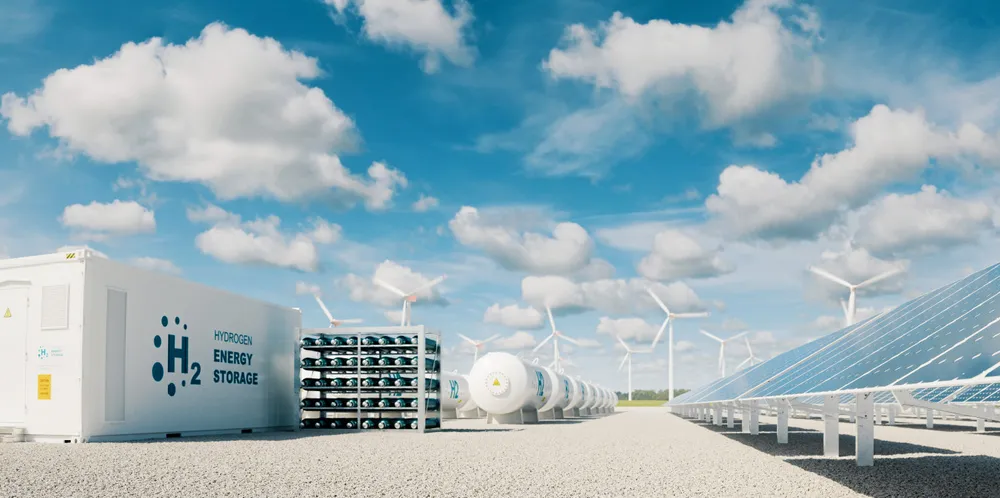More than 80% of energy companies are investing in hydrogen or considering entering the market, survey finds
Poll of energy industry 'decision-makers' — from oil & gas, power and renewables and investment firms — also questioned respondents on their concerns about the H2 sector
